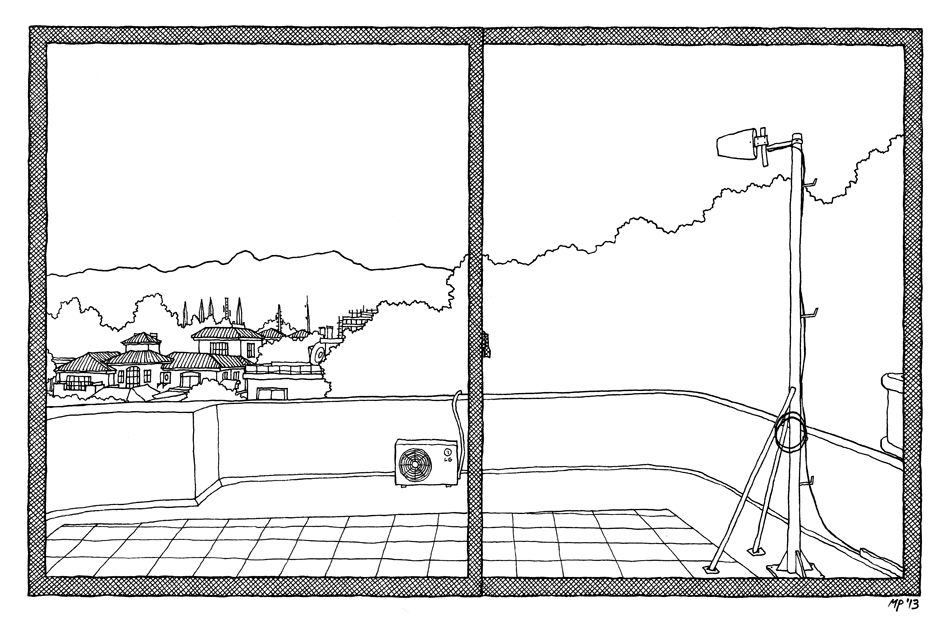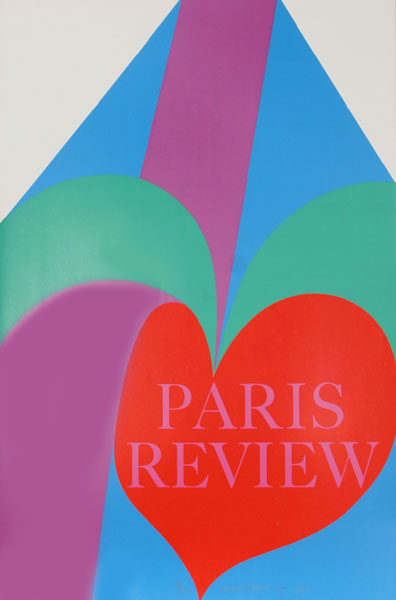When used in the context of movies and Pretty Ex-Girlfriendmemes, deepfakes can occasionally be a source of entertainment.
But they're also a growing concern. In the age of fake news and misinformation, deepfakes — i.e. AI-generated, manipulated photos, videos, or audio files — could potentially be used to confuse and mislead people.
Microsoft, however, has other ideas.
On Tuesday, the company announced two new pieces of technology, both of which aim to give readers the necessary tools to filter out what's real and what isn't.
The first of these, the Microsoft Video Authenticator, analyses images and videos to give "a percentage chance, or confidence score, that the media is artificially manipulated," per a blog on Microsoft's official site. The tool works by detecting blended elements of an image that our flimsy human eyes may not have picked up like subtle fading, greyscale elements, and boundaries.
 Real versus potentially fake. Credit: microsoft
Real versus potentially fake. Credit: microsoft The second piece of technology, which will be available as part of Microsoft's cloud service Azure, allows creators to add "digital hashes and certificates" to images or videos. These then live in the metadata when the media disseminates online. A browser extension tool would then match these hashes, giving readers information about who originally made the content, and whether or not it's been changed since.
SEE ALSO: The algorithms defining sexuality suck. Here's how to make them better.So, problem solved, right?
Well, not exactly. As Microsoft acknowledges in its blog, deepfake technology is constantly becoming more and more sophisticated, which means its AI tool will also need to be kept up-to-date. The ability to add and detect hashes in media is also only as useful as the number of people who actually do it.
But in the fight to sort fact from fiction online, it certainly seems like a start.
It's worth noting that Microsoft isn't the only company scrambling to find a solution to the deepfake problem. After banning them back in January, Facebook recently unveiled its own efforts to detect deepfakes, while Twitter has started labelling "manipulated and synthetic media," and Reddit has rolled out its own ban.
Topics Microsoft
(Editor: {typename type="name"/})
 Projections of Melania
Projections of Melania
 Jolly Writers, and Other News by Sadie Stein
Jolly Writers, and Other News by Sadie Stein
 Harris Khalique, Islamabad, Pakistan by Matteo Pericoli
Harris Khalique, Islamabad, Pakistan by Matteo Pericoli
 Contingencies by Lynne Tillman
Contingencies by Lynne Tillman
 We Are All at the Table Together
We Are All at the Table Together
 Rivkah Brown ,July 20, 2018 Et tu, Boris?T
...[Details]
Rivkah Brown ,July 20, 2018 Et tu, Boris?T
...[Details]
What is Signal? The basics of the most secure messaging app.
 The secure messaging app Signal has been around for years but, in 2021, it saw a huge spike in users
...[Details]
The secure messaging app Signal has been around for years but, in 2021, it saw a huge spike in users
...[Details]
 You might know them as popsicles. Or maybe even ice blocks. But, in Britain, they're called ice loll
...[Details]
You might know them as popsicles. Or maybe even ice blocks. But, in Britain, they're called ice loll
...[Details]
'Deep Sea' review: One terrifying detail nearly sinks this stunning underwater odyssey
 This year has already brought us a crop of stunning, stylistically varied animated films like the an
...[Details]
This year has already brought us a crop of stunning, stylistically varied animated films like the an
...[Details]
We Are All at the Table Together
 Interviews for Resistance
...[Details]
Interviews for Resistance
...[Details]
Carol Summers, Untitled, 1967 by The Paris Review
 Carol Summers, Untitled, 1967By The Paris ReviewJanuary 17, 2013The Print SeriesSince 1964 The Paris
...[Details]
Carol Summers, Untitled, 1967By The Paris ReviewJanuary 17, 2013The Print SeriesSince 1964 The Paris
...[Details]
 Revel YellBy Sadie SteinApril 12, 2012The RevelWhen people hear that one works at The Paris Review,
...[Details]
Revel YellBy Sadie SteinApril 12, 2012The RevelWhen people hear that one works at The Paris Review,
...[Details]
“I Always Start on 8 January” by Sadie Stein
 “I Always Start on 8 January”By Sadie SteinJanuary 8, 2013Arts & CultureOn January 8, 1981, Isab
...[Details]
“I Always Start on 8 January”By Sadie SteinJanuary 8, 2013Arts & CultureOn January 8, 1981, Isab
...[Details]
 Dan Duray ,November 20, 2017 The Trash of
...[Details]
Dan Duray ,November 20, 2017 The Trash of
...[Details]
Carol Summers, Untitled, 1967 by The Paris Review
 Carol Summers, Untitled, 1967By The Paris ReviewJanuary 17, 2013The Print SeriesSince 1964 The Paris
...[Details]
Carol Summers, Untitled, 1967By The Paris ReviewJanuary 17, 2013The Print SeriesSince 1964 The Paris
...[Details]
接受PR>=1、BR>=1,流量相当,内容相关类链接。